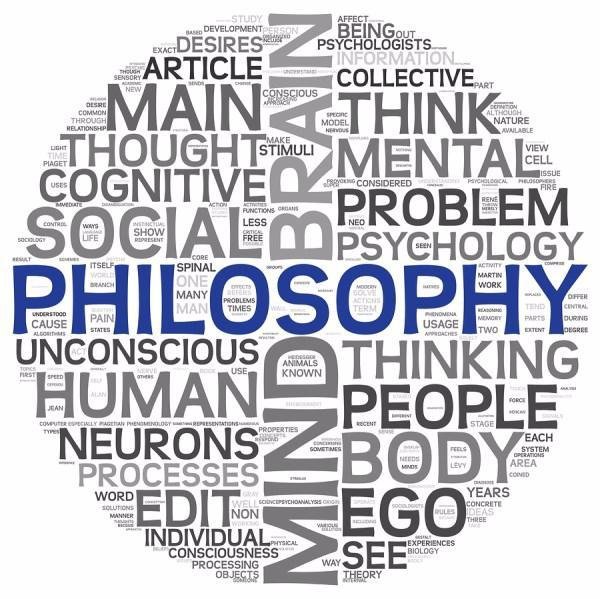A complete evaluation of experiences originating knowledge is what the method of philosophy is aiming for

Image Source
Science has its extraordinary focal point of perception and experiment, yet philosophy, having as its objective the arrangement of the puzzle of existence in its fulfillment, can't be content with fractional perception through the senses. In its immense investigations philosophy contemplates the objects of experience determined through the senses, comprehension and reason, as well as through mysterious fellowship and acknowledgment, with which science, obviously, has no worry at all.
Philosophy is a basic reflection on what is suggested in experience, keeping in mind the end goal to empower man to come in coordinate contact with it. All men have experience yet not all are enriched with that higher faculty of reflecting upon what is covered somewhere down in experience. This higher reflection is the capacity of the philosopher, and it is this that recognizes him from the mass of mankind.
The common man takes the world to be physical in its constitution, disengaged from his own particular subjective self, and has faith in the freedom of the laws of nature over which he appears to have no control. However, it is a superior understanding that finds the super-sensible actuality of the organic connection, which the outward universe has with man's fundamental insight.
Man isn't a puppet pulled by strings held by a discretionary nature. Life isn't a unimportant marionette-play, in which man made to dance by strings pulled by a fanciful director. The universe is cordial, and man isn't just an organic piece of it yet has in him the probability of knowing and running the show.

Image Source
Philosophy, in this manner, redresses the common sense thoughts of the unreflective personality and hence turns into an awesome panacea for the ills of life caused by obliviousness and impotency with respect to man. The legitimacy of veritable philosophical facts lies in their all inclusiveness and need, and are not needing any further check of their viability.
They are lit up by the light of intuition, and consequently any outside check of their legitimacy isn't just redundant but rather good for nothing. They are constantly portrayed by quickness, all inclusiveness and need and, thusly, by reliability and flawless veracity. They hold good for all personalities in all conditions, for they spring from the profundities of knowledge.
There are sure features of reality overrunning even common experience, conspicuous through inconspicuous consideration and reflection. It is the reason for philosophy to think about these inescapable features of reality making themselves felt in experience, so that by methods for these noticeable features man might be in a situation to rise straightforwardly to an intuition of what they weakly demonstrate.
It is a slip-up made by many masterminds to dismiss all super-rational experience as irrational and to suspend it from the field of philosophical investigations. Actualities that reason can't know are not in this way infra-rational. When it ends up unimaginable for reason to fathom certain certainties, it isn't rational to dismiss them as anti-rational.

Image Source
We can't subject super-sensible certainties to the classes of our knowledge, however they can be consistently reasoned from such realities, without our being irrational. What the common student of philosophy really implies when he says that super-sensory truths are irrational is that they are absolutely not at all like all phenomena that are known to him through the senses.
Difference to rational ideas isn't generally irrationality. What is ridiculous is known in a knowledge which is private from the point of view of the person who has it, yet widespread in itself. The difficulty of imparting such knowledge through the typical obvious methods for the world has driven many to the false idea that it doesn't exist by any stretch of the imagination.
Ideas developed from sense-experience are weak in judging the nature of a definitive reason for all causes, which is simply the indubitable. Nobody can deny his own self or his being aware of his self, nor would one be able to deny that this cognizance is past the senses and reason.

Image Source
References:
Philosophical Methodology
Philosophical Methods
Knowledge vs. Experience
The Primary Source of Knowledge
Fuente
I like the idea of gathering knowledge but I just don't like the idea of acquiring it in universities.
Congratulations @juvyjabian! You have completed some achievement on Steemit and have been rewarded with new badge(s) :
Click on any badge to view your own Board of Honor on SteemitBoard.
To support your work, I also upvoted your post!
For more information about SteemitBoard, click here
If you no longer want to receive notifications, reply to this comment with the word
STOP